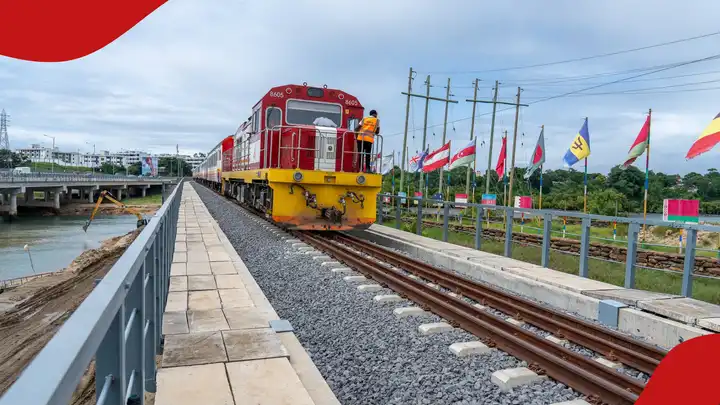This month, CEOs, heads of state, ministers, and business leaders from across the continent gathered in Abidjan for the 2025 Africa CEO Forum.
The energy was palpable, and so was the urgency. The theme, Africa in a Transactional World, asked a bold question: Can a new deal between state and private sector deliver the continent a winning hand?
The presidential panel that opened the summit didn’t pull any punches. Leaders from Rwanda, South Africa, Mauritania, and Côte d’Ivoire spoke with rare candour about the continent’s economic path.
Rwanda’s President Paul Kagame was particularly forthright: if African governments don’t actively incentivise private sector growth, real progress will remain out of reach.
To drive the point home, the organisers screened a clever WhatsApp parody – a group chat between African countries trying to solve financing challenges.
Foreign players, the International Monetary Fund, the European Union, the US, China and the United Arab Emirates briefly “entered the chat,” only to exit moments later.
Then, in a clever twist, the Africa CEO Forum “joined the chat” and invited the African private sector in as a solution provider. The message was clear: African challenges require African-led solutions.
But even as momentum builds around initiatives like the African Continental Free Trade Area (AfCFTA), structural barriers remain.
According to a survey shared at the forum, only 17 per cent of African CEOs believe AfCFTA has made a difference to their businesses.
At a roundtable on AfCFTA’s digital trade protocol, I raised a key concern in the fintech sector: the lack of a licence passporting framework.
Fintechs operating across multiple African countries still face fragmented regulatory requirements, each one demanding separate licences, fees, and compliance regimes.
For companies trying to scale innovative solutions across borders, this becomes a costly and time-consuming burden.
There is hope, however. Ghana and Rwanda recently signed a memorandum of understanding to pilot Africa’s first fintech licence passporting framework.
This kind of initiative can be a turning point, streamlining market entry, reducing duplication, and allowing fintech firms to focus on what they do best: solving real-world problems for underserved communities.
Outside the panels and roundtables, the real action was in the corridors, where spontaneous conversations and side meetings reminded everyone that relationship-building and informal exchanges often pave the way for future collaboration.
So, where do we go from here? African governments must move beyond declarations and embrace real policy alignment.
That means creating enabling environments with clear regulations, good governance, and a willingness to partner meaningfully with the private sector.
It also means accelerating the development of a regional fintech license passporting framework, one that allows firms to operate across borders with a single license. This will not only reduce friction in scaling innovation but also deepen financial inclusion across the continent.
In an era shaped by artificial intelligence, digital finance, and shifting global power dynamics, the question is no longer whether Africa has potential.
It’s whether we are building the structures that allow that potential to move at the speed of innovation.
By Kennedy Osore













